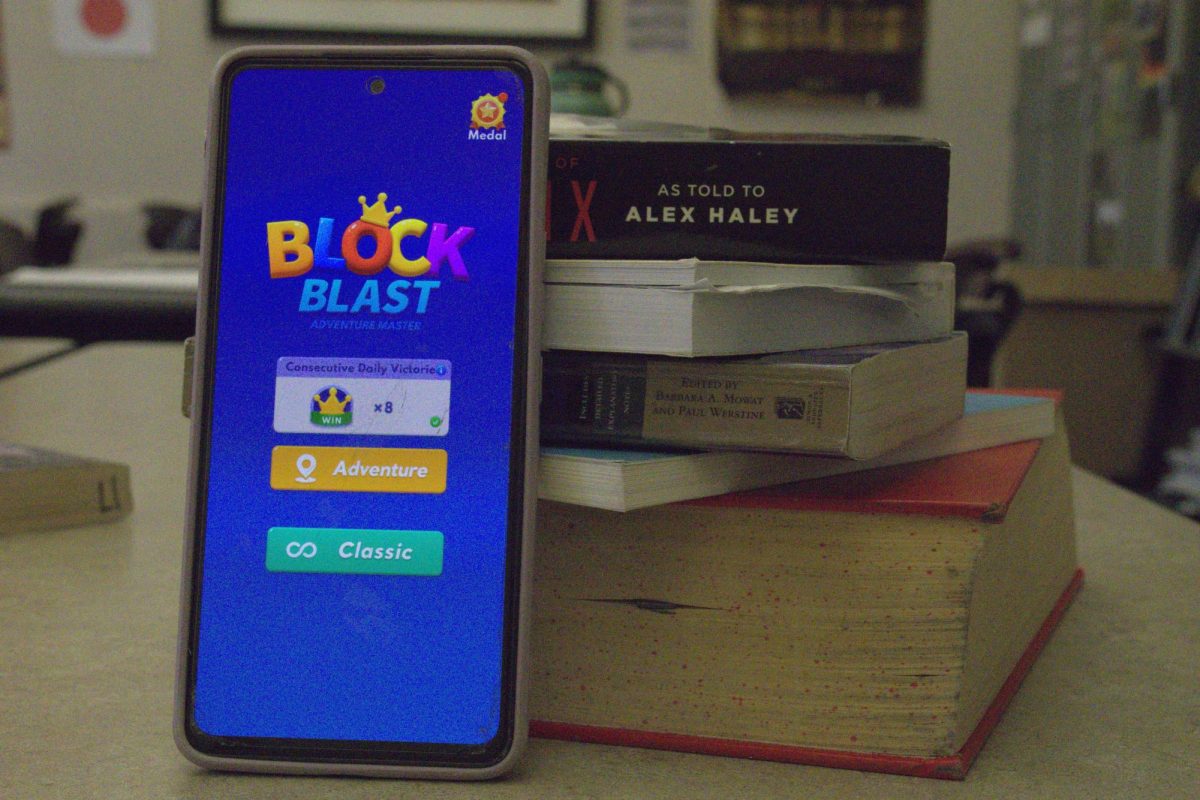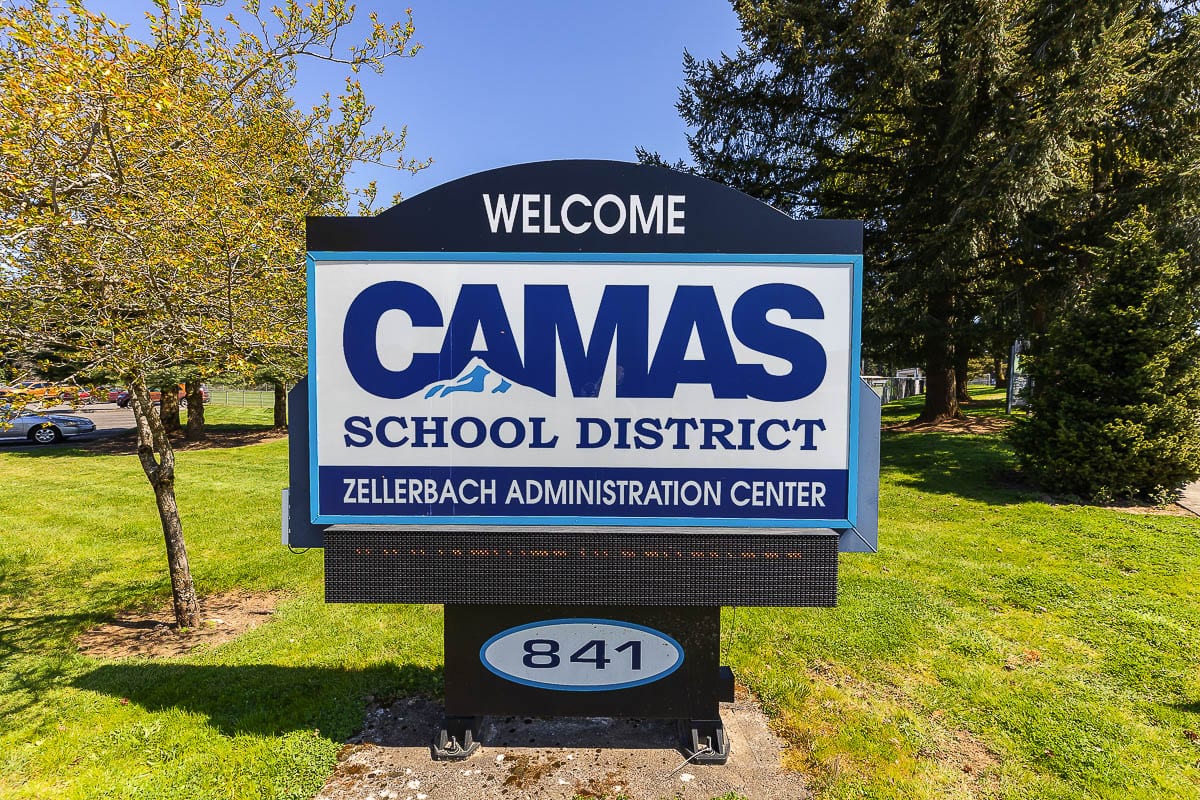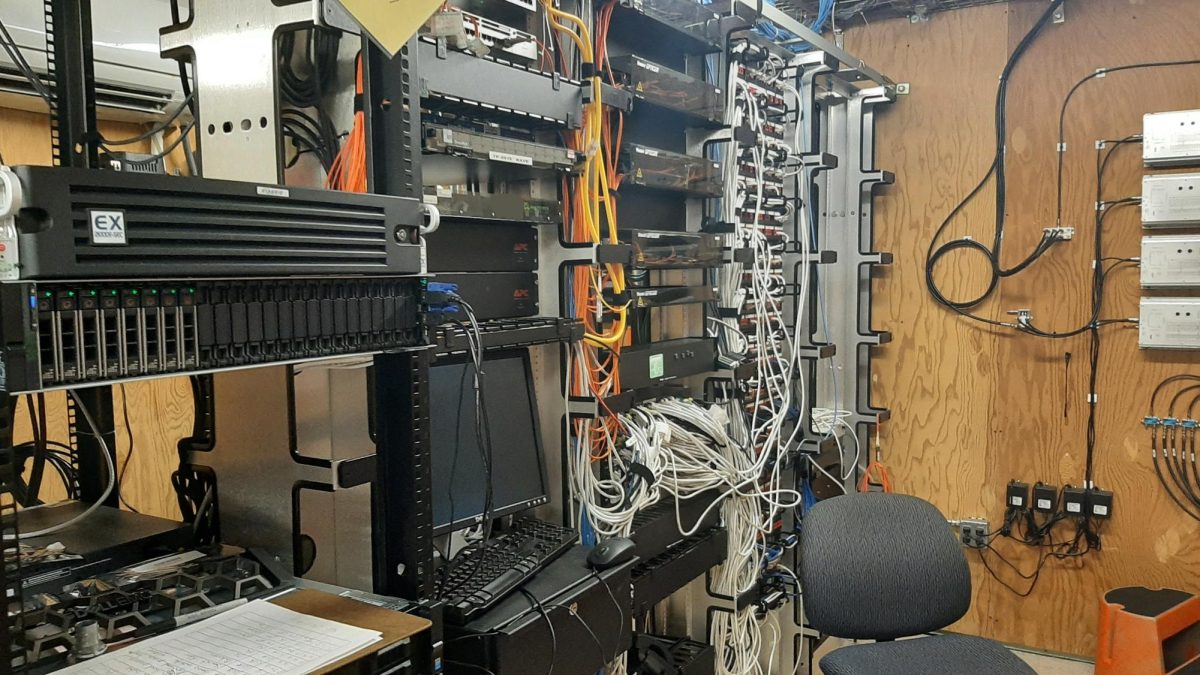AP tests? SATs? Course finals? Students and families have a number of questions around testing now that schools are closed and remote learning is in place. As a result of the COVID-19 pandemic, The College Board, colleges, and school districts across the country are working on plans to make testing reasonable for everyone.
For starters, The College Board officially canceled SAT and ACT testing this spring.
“Colleges are definitely having to look at students from a different landscape. AP, however, is one of the few systems that is moving forward with a new system,” said CHS Associate Principal Brian Wilde
As a result, AP tests will look very different this year. First off, they will all be taken online from home and will only last 45 minutes instead of the normal three to four-hour-long tests. Each test will have only two questions because students have access to a web browser, notes, and all sorts of information. The College Board has geared the exams so that students cannot look up the answers on the internet.
Wilde said, “It really is going to press kids to synthesize their knowledge in demonstrating their mastery.”
The College Board has really tried to eliminate any barriers that students may face when taking the exams. Students taking tests have to confirm their identity, along with a number of other security measures to protect tests, and preparing for the tests has gone virtual, as well, with YouTube lessons geared toward information specifically on this year’s test.

CHS Junior Kandai Shimada said, “I have watched some of the YouTube lessons here and there. Many of them have been helpful with keeping me refreshed with the information I may have forgotten. Due to this year’s test being a lot shorter than the past AP exams, it is a lot less stressful. However, being at home and quarantined has made it very difficult to stay motivated and focused for these upcoming tests.”
CHS Junior Carter Koranda agrees that preparation has been tough on everyone this year. “This (school closure) made it difficult on the teachers to adjust to the new format, as we have spent the entire year preparing for the standard format. It’s solely been our responsibility to keep up in the class during school closure, and it is entirely your decision on the effort you want to put into assignments and notes, as the only person you’re hurting is yourself for the test.”
These unusual circumstances are now forcing colleges across the United States to question where or not they will even accept AP credit. Some schools have stated they will accept it, while others say no, and some are still on the fence.
Wilde says, “Boise State has been one of the very few colleges that have said they’re not going to accept it [AP credit] currently; however, that process is still under review so they may come back and change their mind about that as well.”
Colleges have a tough decision to make about credits they will accept from high school students, who are now taking AP classes online. College Board understands that several colleges will not accept AP credit, so it has allowed any student who does not want to take the exam to be fully refunded.

And when it comes to traditional standardized college entrance exams, several colleges have come out and said they will not require the now-canceled SAT or ACT for acceptance. This makes it easier for seniors who have not had the chance to take the tests yet.
Wilde said, “In some ways, it’s part of a larger discussion at the post-secondary level as to whether they should be taking the SAT of the ACT at all. I believe it’s the Oregon school systems, University of Oregon and Oregon State University, who have come out and said that they’re not going to be requiring the SAT or ACT at any point in the future whether the tests start back up again or not.”
Many seniors have already applied to colleges at this point, so this issue could have a larger effect on the under-classmen.
Finally, when it comes to testing in all other classes at CHS and how those affect semester grades, administrators and teachers are following guidelines from the Washington Office of Superintendent of Public Instruction (OSPI).
Wilde said, “OSPI’s guidance is that when schools closed on March 13th all across the state that students and schools were put at a disadvantage.” He said the focus for the rest of this year should be on helping students, on schools identifying the critical learning standards for a course and how students can demonstrate learning, while not having their grades penalized or negatively impacted because of closure.
Different options for grading have been talked about in the Camas School District, with one of them being an incomplete.
“An incomplete is really designated for students who do not engage or cannot engage with any of the learning during this closure time. That’s the design of an incomplete right now as well as for students who may have had a lot of challenges or struggled with engagement when school was open and at this point are so far deficit in the learning standards for the course that it would be impossible for a teacher to adequately assess them,” Wilde said.
Students who receive incompletes have several options to make up the credit. It could take multiple years, one year, or a couple of semesters for students to complete certain learning standards or demonstrate knowledge in a variety of ways.
Students and staff are still unfamiliar with this new learning style, but the overall goal is for things to move forward with everyone engaged.
Wilde said, “The design of our remote learning is that students should expect to engage in learning for each class about 30 to 45 minutes each day.”
Administrators know that this part of the year can be very stressful, not just for AP students, but all students as testing rolls around.
“If students are struggling with that, and there are several reasons that a student might struggle with that given the conditions we are under these days, we strongly encourage you to reach out first to the teacher and then to your other support systems you have at school. Your counselor, your administrator, reach out to us. We are here to help, we want to be able to help, we will work with you,” Wilde said.
These links are highly recommended by Wilde if students and families have any questions regarding colleges accepting or not accepting credit and scores:
http://hwchronicle.com/rethinking-ap-exams/
https://bigfuture.collegeboard.org







































